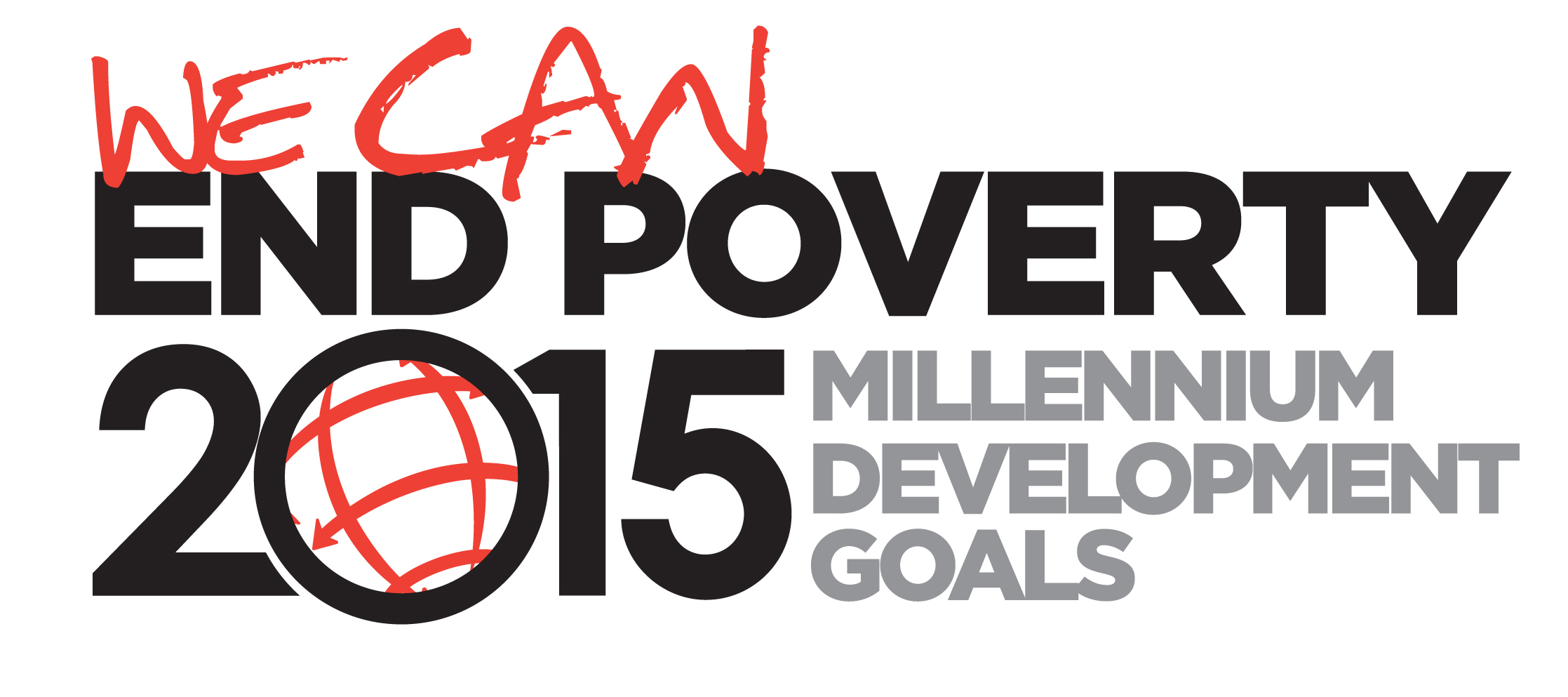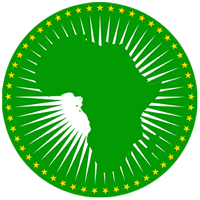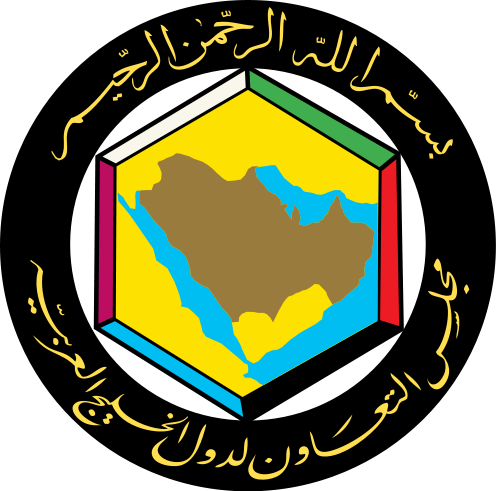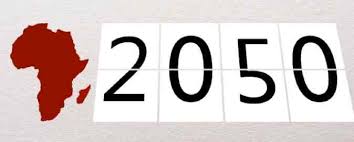Africa GCC China Cooperation
AFRICA GCC CHINA COLLABORATION (AGCC)
Chairman and Co Founder of Royal Group, His Highness Prince Khalid Al-Sabah established the International cooperation between Africa, GCC and China on 11th November 2015.
The purpose of this day was to start awareness of the recognition and its role in strengthening the relations between Africa and Asia.
In adopting this challenging mission, Royal Group reiterated the responsibility of each individual country to protect its political and economic interests, which entails participation and collaboration.
Royal Group will contribute its full efforts to ensure sustainable growth and prosperity for the future.
Africa GCC China Cooperation on Poverty
Knowledge sharing in the fields of social development and poverty alleviation between China and Africa has always been of interest to Royal Group.
China’s poverty reduction achievements in poverty reduction are well documented, and the country is a forerunner among developing countries to meet the UN millennium development goals. It has made a major contribution to the global poverty reduction mission.
Since the start of the reform, more than 850 million Chinese people have been lifted out of extreme poverty with one fifth of the world’s population now secured with food, necessities and have access to basic welfare.
Asia and African countries are both developing countries, and have many similarities in poverty reduction and development situations. Therefore, China and Africa can share many development models and experiences with each other.
The fundamental reason for China’s successful poverty alleviation lies in its insistence on eliminating poverty, improving livelihood, and achieving common prosperity.
The driving force for China’s successful poverty reduction is to always adhere to the reform and opening up policies, maintain sustained and steady economic growth, and continuously introduce social policies conducive to the development of poverty stricken areas and poor people, which has laid a solid foundation for large scale poverty reduction.
Africa can enjoy its second mover advantage and strengthen its trade, investment and international cooperation through participating in the Africa GCC China Initiative, which will facilitate the economic growth, poverty reduction, and social development of the continent.
We must adhere to the government oriented method, integrate poverty alleviation into the country overall development strategy, promote it as a strategic task, concentrate on large scale special poverty alleviation actions, and implement specific development plans for women, children, people with disabilities, and ethnic minorities.
To improve the effectiveness of poverty reduction, we must utilize the targeted poverty alleviation strategy by tackling the root causes of poverty.
The GCC role must therefore be to increase investment and strengthen financial support.
We must adhere to social mobilization, unite all forces, and make the government and society work together to realize extensive participation in poverty alleviation so the effectiveness of poverty alleviation can withstand the test of practice and history.
International cooperation is an effective way to learn and share poverty alleviation experiences in different countries, and promote poverty reduction capacity.
This new mechanism is based on the African GCC China cooperation to make it possible to fully participate in the management of poverty reduction cooperation projects, which will demonstrate equality.
This new pattern of Africa GCC China poverty reduction cooperation will help improve people’s livelihood and, promote the connections between the people, lay an ideal foundation of public opinion for Africa GCC China cooperation, and help consolidate the friendly and cooperative relations between Africa, GCC and China.
Africa has the second mover advantage in industrialization as well as poverty reduction and development. In the future, Africa can fully utilize China’s poverty reduction models with the most significant effect and prominent innovative experience, and continuously achieve new results in shared development.
Africa GCC China Cooperation on Vaccine
As China prepares to supply as a foreign aid its coronavirus vaccines its to African countries with an ultra-low temperature that would enable the transport of coronavirus vaccines to Africa.
China’s assistant minister for foreign affairs, promised that once China’s Covid-19 vaccines were developed and deployed, Beijing would actively consider providing them to African countries in need, as a concrete measure to help Africa defeat the virus at an early date.
China’s promise to make Africa a priority for its vaccines has proven to be on the right track as China will actively consider providing more than 500,000 vaccines to African countries in need to help secure an early victory against the virus.
Egypt already received shipments of coronavirus vaccines from the United Arab Emirates that was manufactured by China National Pharmaceutical Group.
Egypt had obtained legislative approval to produce the Chinese sinovac biotech vaccine with negotiation to manufacture the vaccine in Africa. This achievement would make Africa become the hub for vaccine production and distribution.
Royal Group would continue to coordinate between Africa, GCC and China to ensure humanitarian assistance is always a priority for Africa.
AGCC
Africa GCC China Cooperation
Financial Investments
- Oil and Gas
- Real Estate
- Construction
Political Structure
1. Peace and stability
Trade
- Commodities 40%
- Oil and Gas 50%
- Arts and Culture 10%
AFRICAN AID AND DEVELOPMENT
Construction…..…roads, refineries, factories, schools, hospitals, hotels, shopping malls
Development……..political system……military……healthcare
Charity……….…….humanitarian projects
AFRICA GCC CHINA
Oil and Gas Oil and Gas Manufacturing
Raw Materials Finance Production
Africa GCC free trade market in Oil and Gas
Africa China free trade market in raw material and production
Africa GCC China free trade financial market.
.Funds invested from China into the GCC market.
.Capital generated from the GCC market for investment projects in Africa
.Raw materials traded between Africa and China
SECURITY AND STABILITY
Over the past decades, the link between security and development has increased significantly. Governments throughout the world have begun to adapt their military strategies to include plans for development. This change is due to the increasing acceptance of the idea that development brings peace and stability. There is a significant debate surrounding this change in strategy. Some support military involvement in development efforts and believe military strategies can be effective in completing certain development initiatives. Others believe that development is best left to NGOs and those organizations that are not affiliated with the government or the violence frequently associated with military operations.
More specifically, those against military involvement in development think that the humanitarian principles guiding the use of aid and development will be overshadowed by political and security goals. Development for the benefit of the people may be forsaken for development that accomplishes specific government priorities. A military role in development also has the potential to harm the credibility of the aid and development operation, as well as make it difficult for civilians to trust in the operation. This can also indistinct the line between humanitarian and security work and threaten the neutrality that has traditionally helped to protect many aid workers.
Those who support military involvement in development believe that cooperation between the military, NGOs, and civilians will only improve development operations. Military operations in development may have the added reward of contributing to the overall security of the conflict area.The military can provide security for humanitarian workers to operate, support agencies work with logistical and protection services, or provide direct assistance to the population themselves, all of these actions can be aided by the skills gained in military training.
Royal Group seeks to provide a key position on both sides of the legislative debate by highlighting the advantages and disadvantages of military involvement with development strategies being interlinked with security policy. It also seeks to highlight the ethical issues surrounding the link between military security and development and aims to give a voice to multiple perspectives.
In this direction, we strongly believe that peace and stability could take us into the process of development and growth in a safer environment, leading us into a brighter future.
Leading the world into a brighter future
Royal Group © all rights reserved













